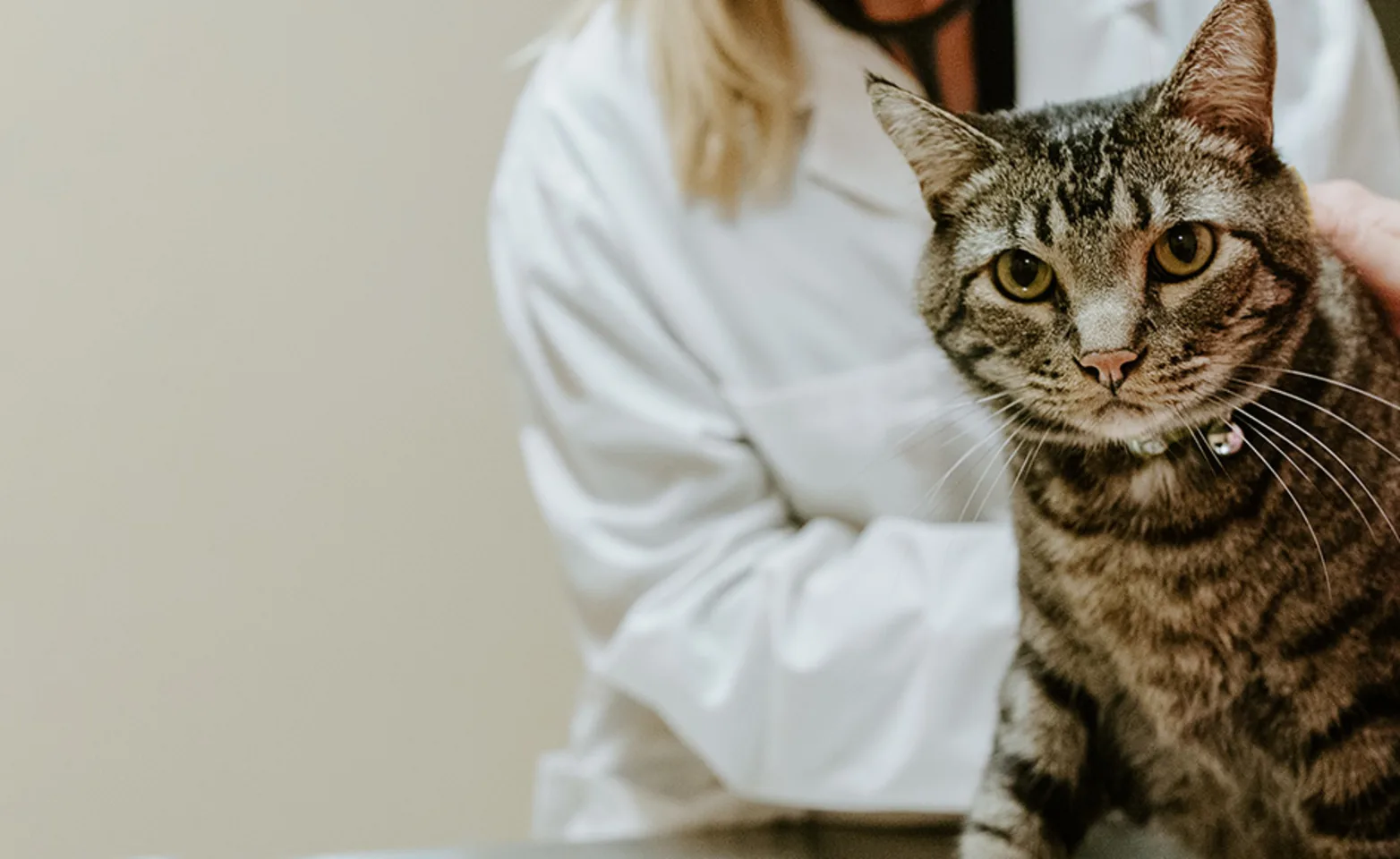Charleston Veterinary Referral Center (CVRC)

Cardiology
Overview
The Cardiology service at CVRC works to improve quality of life and life expectancy of animals with heart and lung disease. Studies have shown that including a cardiologist in the care of an animal with heart disease improves outcomes. Appropriate diagnosis and treatment can delay the onset of symptoms, improve or control symptoms, and lengthen life expectancy.
The difference between a cardiologist and another veterinarians performing echoes, is that image acquisition is not performed as well by other specialists, and image acquisition is only a small part of the care a cardiologist can provide. It is the optimization of a treatment plan and follow up plans that leads to a longer and happier life for your pet.

What is a veterinary cardiologist?
A board certified veterinary cardiologist has obtained intensive additional training in cardiology and has been certified by the American College of Veterinary Internal Medicine (DACVIM - Cardiology). The advanced training and education required for certification includes a veterinary degree (3 or 4 years of undergraduate university, followed by 4 years of veterinary school), a rotating internship (1 year), a cardiology residency (3 years), and passing two sets of rigorous examinations covering all aspects of general internal medicine and cardiology.
What diseases does the Cardiology service treat?
Heart murmurs
Arrhythmias
Collapse
Valve disease
Degenerative valve disease/myxomatous valve disease/ endocardiosis
Infective valve disease (endocarditis)
Heart muscle disease
Dilated cardiomyopathy
Hypertrophic cardiomyopathy/hypertrophic obstructive cardiomyopathy
Arrhythmogenic right ventricular cardiomyopathy (Boxer cardiomyopathy)
Restrictive cardiomyopathy
Pericardial disease
Pericardial fluid/cardiac tamponade
Heart masses
Hemangiosarcoma
Heart based masses (chemodectoma, e.g.)
Congenital heart disease
Patent ductus arteriosus
Pulmonic stenosis
Subaortic stenosis/aortic stenosis
Mitral and tricuspid valve dysplasia
Ventricular or atrial septal defect
Arrhythmias
Ventricular
Supraventricular
Atrial fibrillation
AV block
Sick sinus syndrome/sinus node dysfunction
Heartworm disease
Lung disease
Pulmonary hypertension
Lower airway disease/bronchitis
Inflammation of the heart muscle (myocarditis)
What diagnostics are offered?
Physical examination
Full in-house laboratory
Hematology
Blood chemistry
Urinalysis profile
Cytology
Thyroid level
BNP
Full complement of external laboratories for advanced testing
Blood Pressure
Echocardiography (Echo)
2D
Doppler
Contrast
Transesophageal
Other diagnostic imaging
Digital radiography
Ultrasound
Fluoroscopy
CT
MRI
ECG (EKG)
6 or 12 lead
Holter monitoring
Event recorders
Continuous ECG monitoring for hospitalized patients
Angiography – blood vessel study using contrast
What treatments are offered?
In-house pharmacy with full complement of oral and injectable medications to treat disease or symptoms
Outpatient management of disease
Fluid taps – pericardial taps, chest taps, abdominal taps
Dedicated Intensive Care Unit staffed 24/7/365
Oxygen support
Advanced fluid therapy
Continuous patient monitoring
ECG
Blood pressure: indirect and direct arterial
Oxygen saturation
Temperature
Capnography - CO2 monitoring
Interventional Procedures in the Cath Lab
Pacemaker implantation
Balloon dilation for pulmonic stenosis
Patent ductus arteriosus (PDA) occlusion
Pulmonic valve stenting
Do I need a referral?
No, you can make an appointment yourself. We are always happy to collaborate with your primary veterinarian if you wish.
What should I expect during my visit?
If you are a new client to CVRC, we encourage you to fill out our New Patient Registration Form ahead of time, or bring the form with you. Otherwise, please arrive to your appointment approximately 10 minutes early to complete this form in our office.
Visits with the Cardiology service tend to take 1-1.5 hours. If your pet’s care is more complicated and additional time is needed, we will keep you informed. Your visit will start with the cardiology technician getting a full history from you. Please bring any medications that your pet is taking. The cardiology technician will approve the cost of a diagnostic plan with you. We will then take your pet to our echo room, where the cardiologist will perform a physical exam and diagnostics will be performed. When testing is done, we will return your pet to you while the cardiologist is interpreting tests and generating a plan. The cardiologist will meet with you to explain their findings and answer any questions you may have. Written reports will be emailed to you and your primary veterinarian. We will maintain an ongoing relationship with you to ensure the best experience for you and your animal.
What should I bring to my visit?
Your pet!
All medications that your pet is receiving.
All of your pet’s medical records (these can be emailed by your pet’s other veterinarians to CVRC).
The person bringing your pet to the initial appointment should have thorough knowledge of the pet.
Follow your normal routine for medications and feeding the day of your visit unless you have been instructed otherwise by our staff.
If your pet is anxious in the clinic and has been prescribed trazodone or gabapentin in the past, give a dose 1-2 hours prior to your appointment.
Will you keep my family veterinarian informed of the care my pet receives at CVRC?
Absolutely, as long as you wish us to. We will keep your primary veterinarian updated about everything that happens here so that we are all on the same page. Your veterinarian will also have access to your pet’s medical record through our portal.


